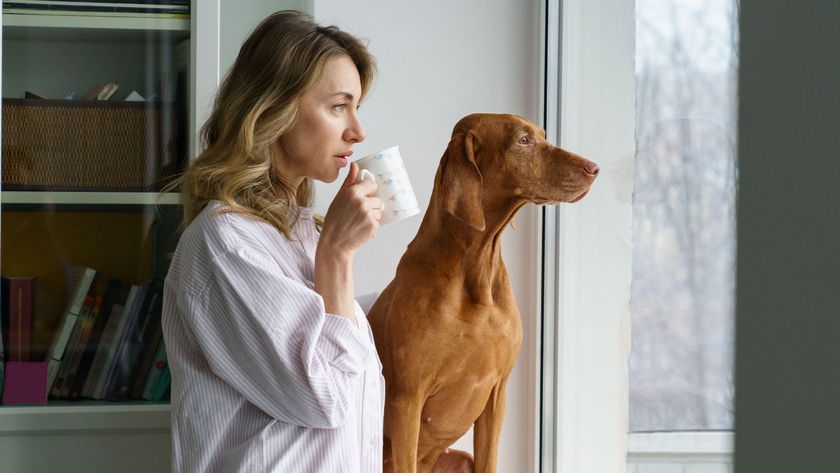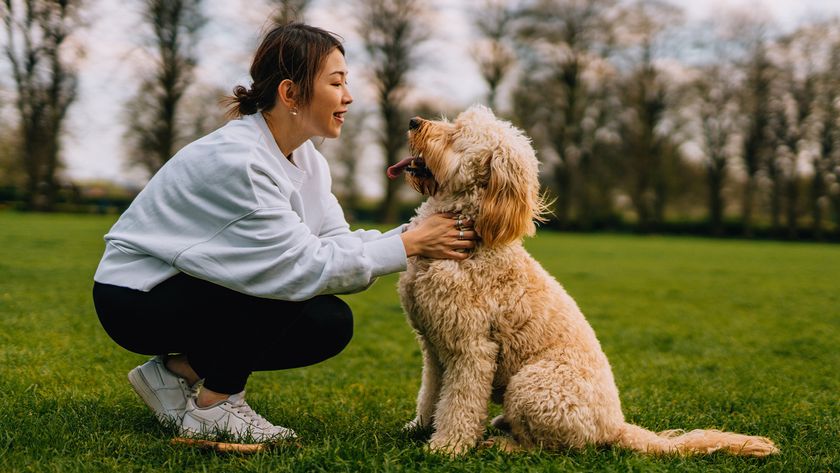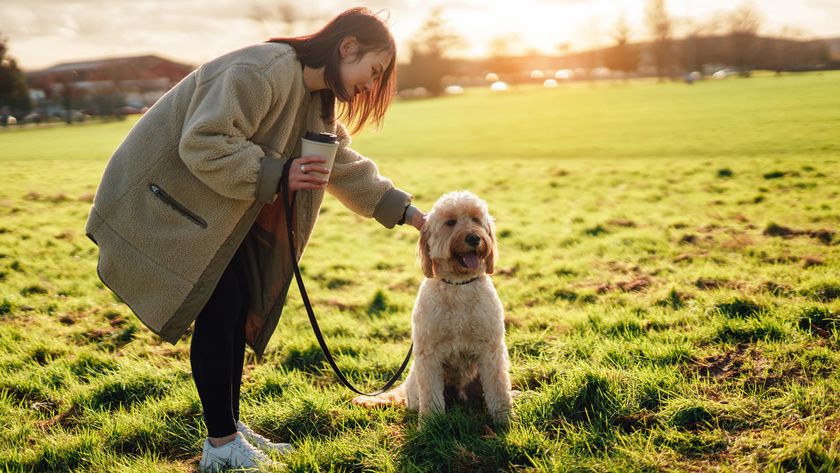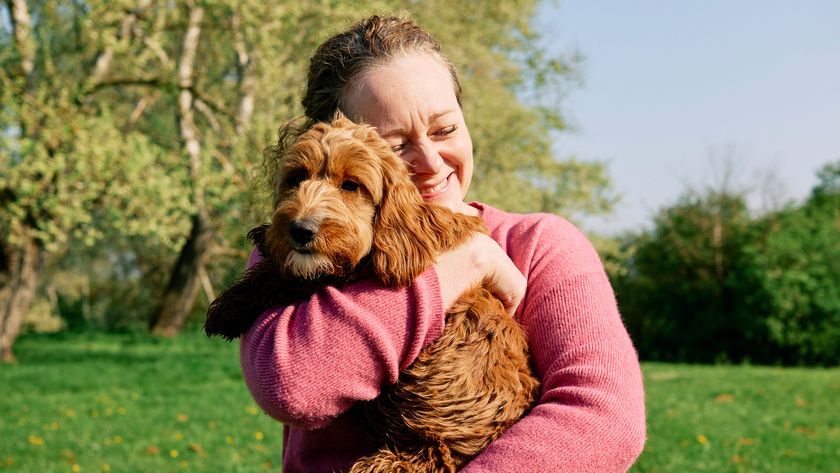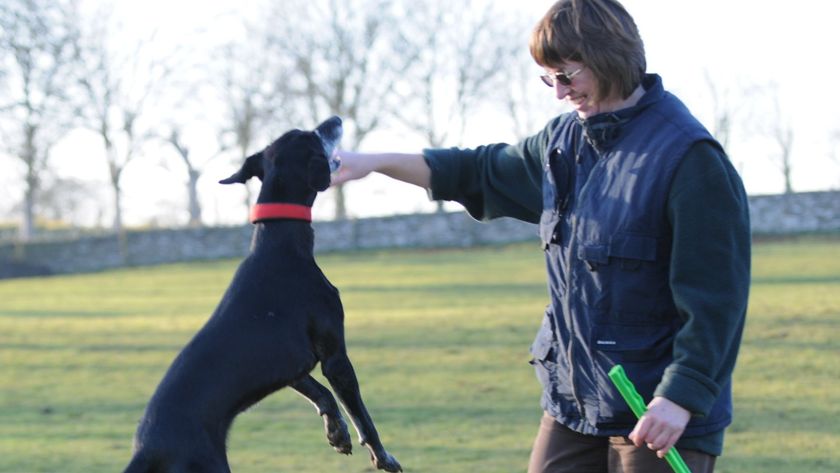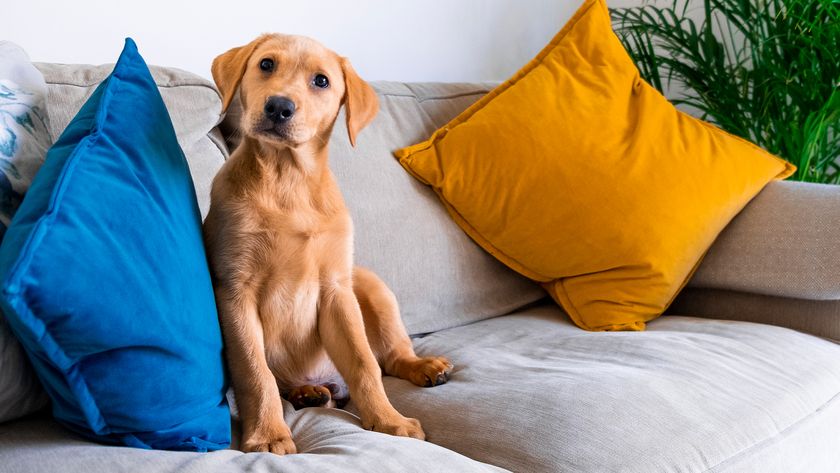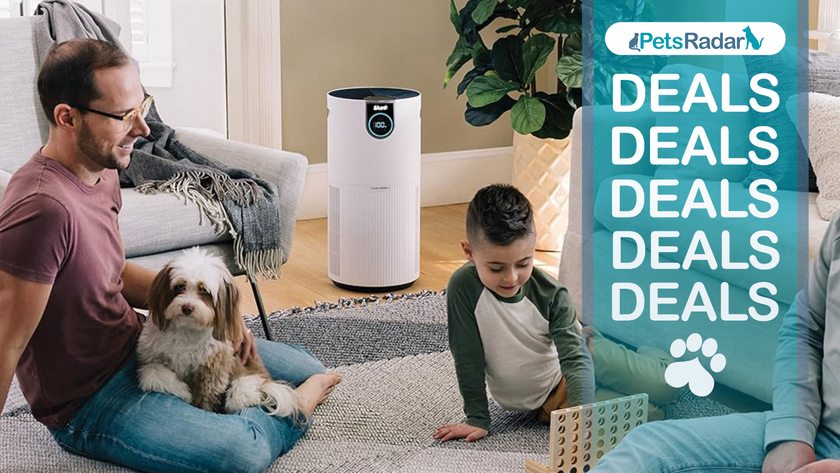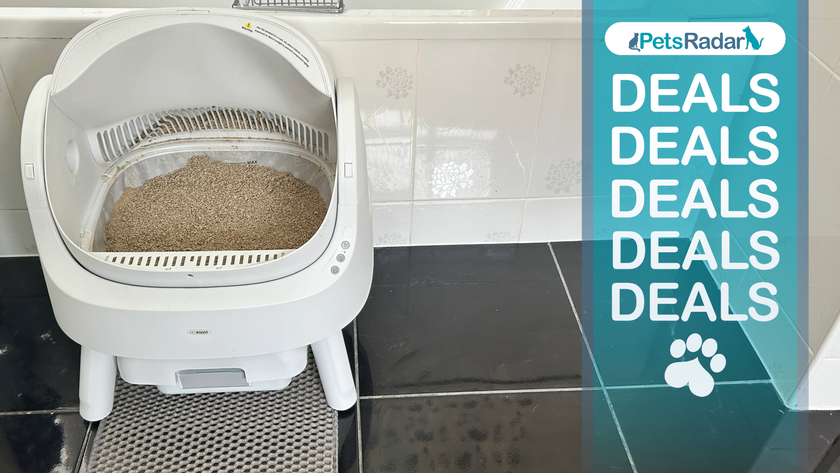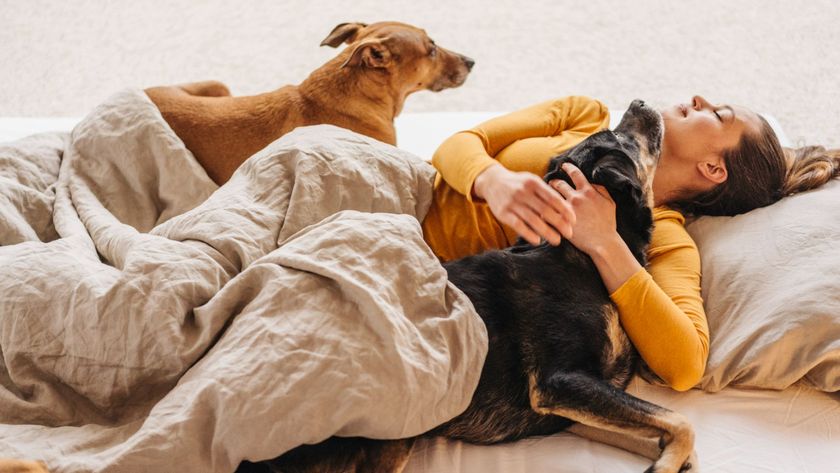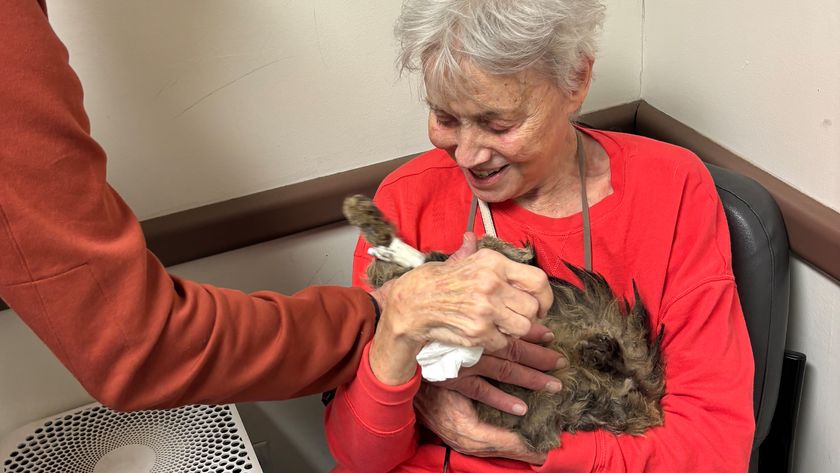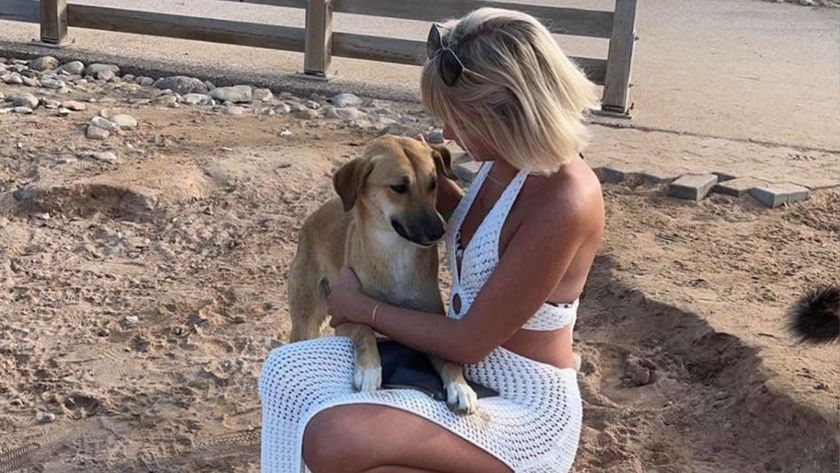Take the worry out of going to a new vet with this canine expert’s three helpful tips
Discover three expert tips for finding the perfect vet for your dog, especially if they're anxious or reactive
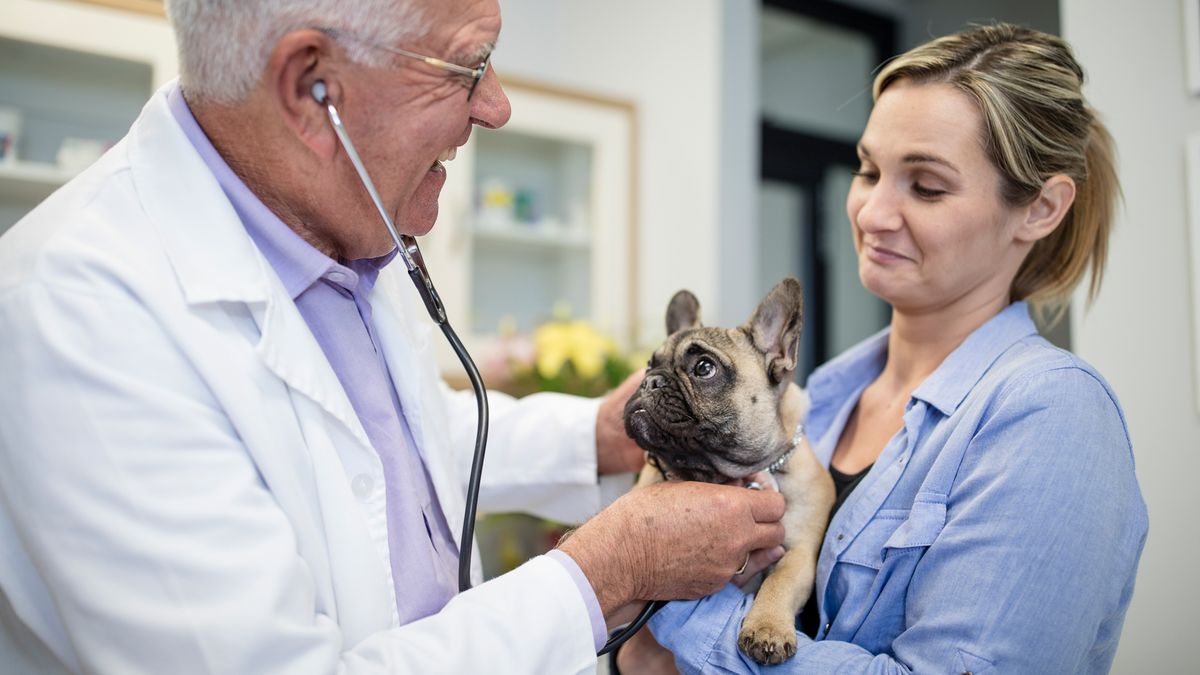
When it comes to being a dog parent, few decisions weigh as heavily as choosing the right veterinarian. This choice holds even more significance if your dog happens to be on the anxious or reactive side.
While owners must take it upon themselves to learn how to deal with issues like anxiety in dogs and how to calm a reactive dog, it is also down to the vet to be accommodating of these common issues in consultations.
If ever your dog's health and well-being is at stake, a good vet can make all the difference. So, how do you ensure your four-legged friend gets the best possible care?
Enter Brie Blakeman, a certified professional canine behavior consultant and dog trainer at Noble Woof, who has shared her expertise in the area to Instagram where she offers three essential tips for finding a vet who understands and caters to your dog's unique needs.
You can view Blakeman’s advice in her Instagram video below or continue reading to find out more…
A post shared by Noble Woof Dog Training (@noblewoof)
A photo posted by on
Tip 1) Ask Questions and Advocate for Your Dog
"Call ahead and ask questions important to you," advise the trainers and behaviorists at Noble Woof. Don't hold back; this is your opportunity to vet the vet!
Ask about things that matter to you and your dog. For instance, inquire if the clinic has a veterinary behaviorist on staff or if they offer vet-to-vet consultations. These resources can be invaluable when dealing with anxious or reactive dogs.
PetsRadar Newsletter
Get the best advice, tips and top tech for your beloved Pets
Also, find out whether the staff is trained to understand dog body language and if they practice force-free and fear-free methods. For dogs with behavioral challenges, a vet who adheres to these principles can make a world of difference.
Tip 2) Schedule a Stress-Free Visit
Before committing to a veterinary clinic, consider scheduling a "happy visit" during a time when no physical examination is needed. This visit isn't about medical procedures; it's about creating a positive association with the vet's office. Let your dog safely explore the environment at their own pace, meet the staff, and indulge in lots of the best dog treats.
During this visit, be on the lookout for green flags. According to Blakeman, every aspect of every visit should focus on preventing and reducing stress. Procedures that trigger fear should be postponed, reduced, or performed after positive counter-conditioning. The ultimate goal is to avoid using force and to allow your dog to willingly cooperate during care.
Tip 3) Make It a Fun Adventure
The final tip, but by no means the least important, is to make every vet visit as enjoyable and relaxed as possible for your dog. Before entering the clinic, let them sniff around the building exterior and get accustomed to the surroundings. Gauge whether the clinic's environment feels comfortable for both you and your furry friend.
Building a positive relationship with your chosen vet clinic is the key to ensuring your dog receives not only excellent medical care but also an experience that minimizes stress and anxiety.

With over a year of writing for PetsRadar, Jessica is a seasoned pet writer. She joined the team after writing for the sister site, Fit&Well for a year. Growing up with a lively rescue lurcher kindled her love for animal behavior and care. Jessica holds a journalism degree from Cardiff University and has authored articles for renowned publications, including LiveScience, Runner's World, The Evening Express, and Tom's Guide. Throughout her career in journalism she has forged connections with experts in the field, like behaviorists, trainers, and vets. Through her writing, Jessica aims to empower pet owners with accurate information to enhance their furry companions' lives.
